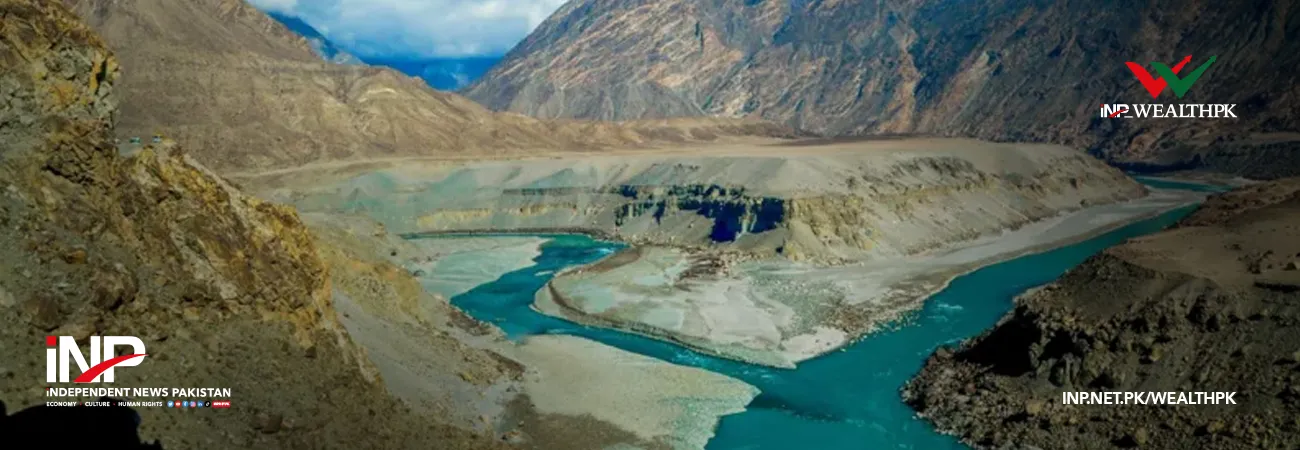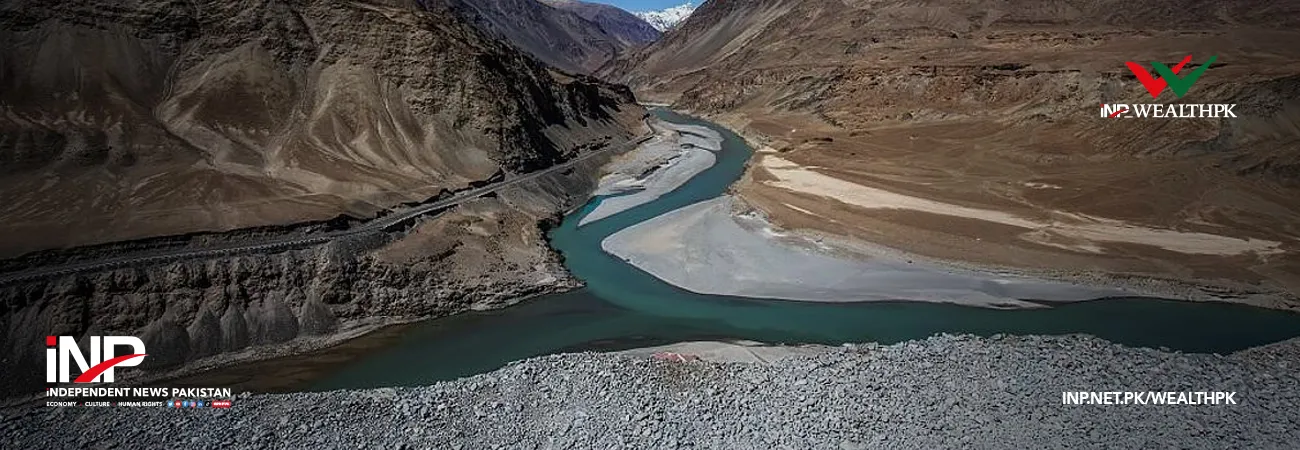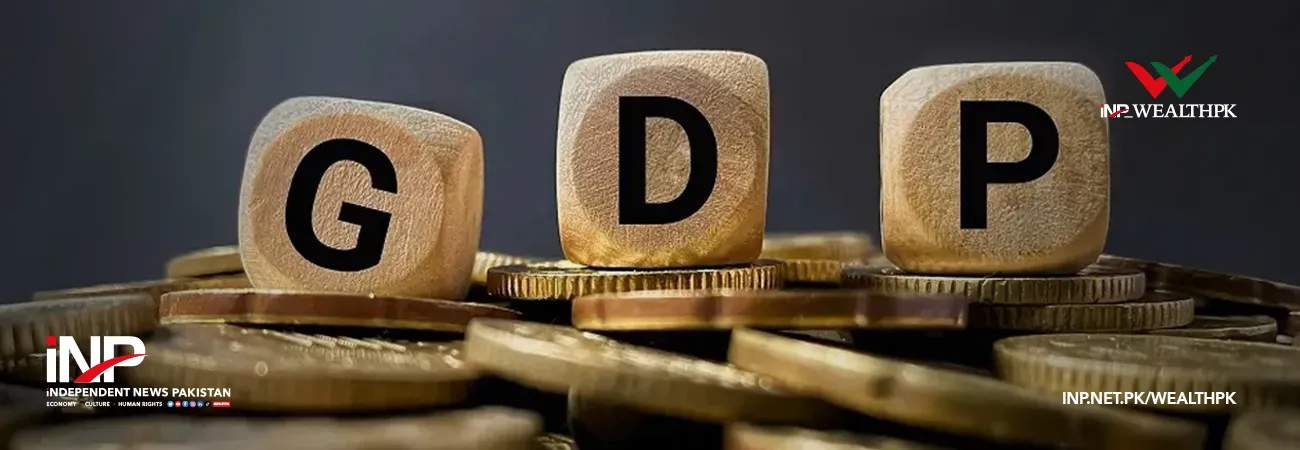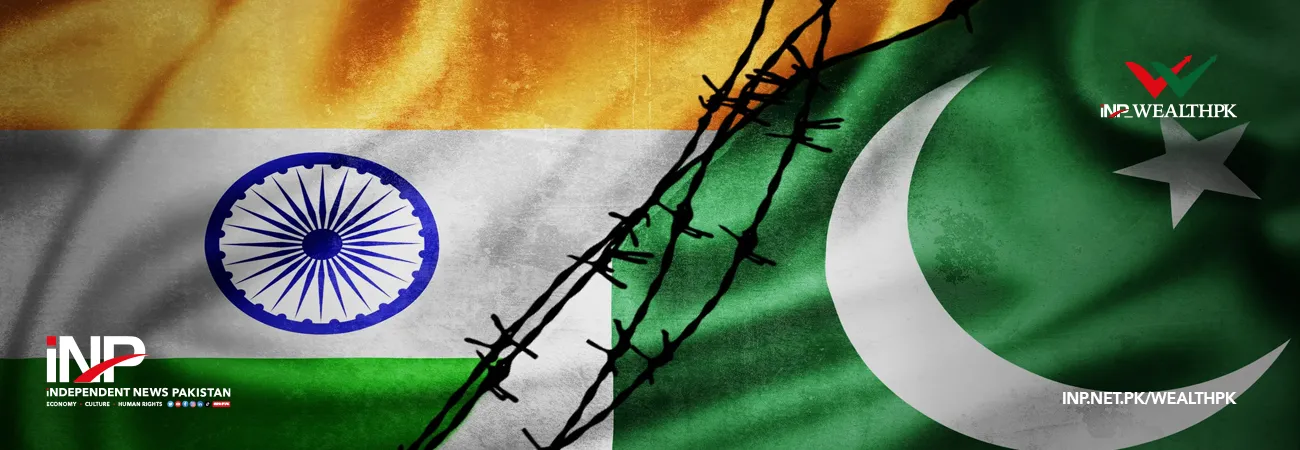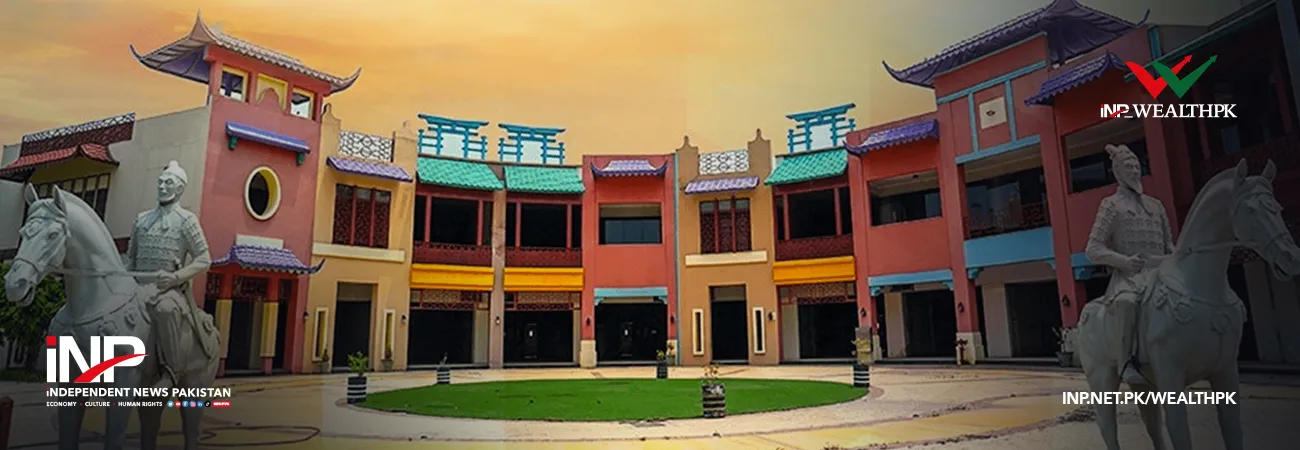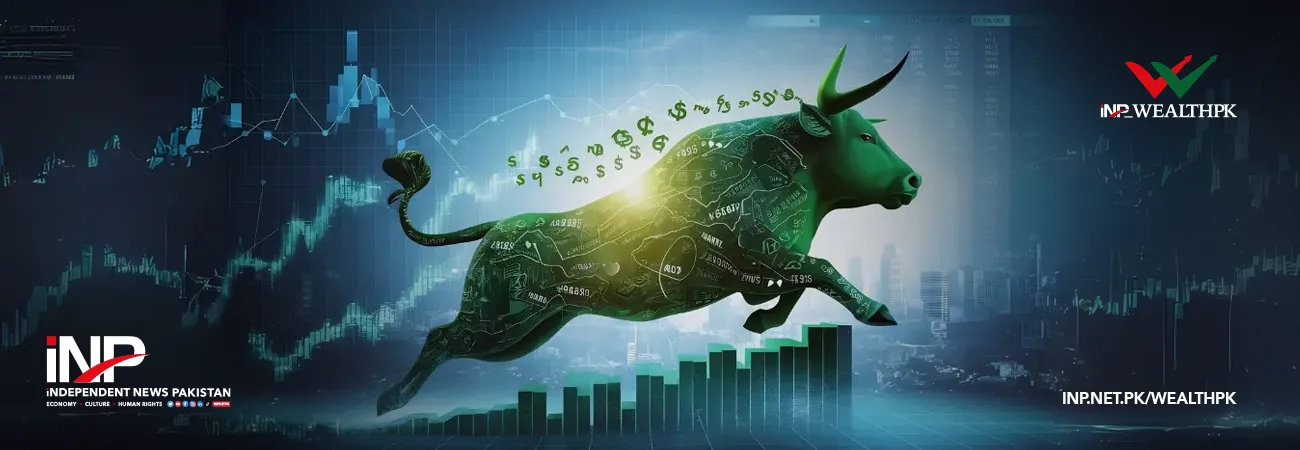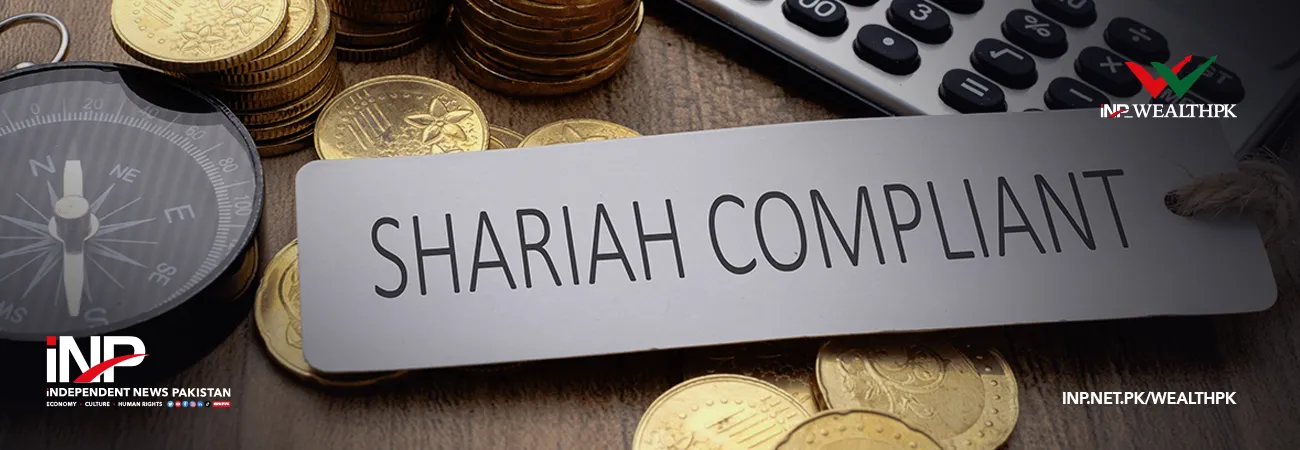INP-WealthPk
Mansoor Sadiq
Sales of vehicles and motorcycles in Pakistan witnessed a decline of 40%-65% during the first eight months (July-February) of the current fiscal year (2022-23) mainly because of import curbs, and the auto sector anticipates more challenges ahead due to shortage of raw material. As per data of Pakistan Automotive Manufacturers Association (PAMA), during July to February 2022-23, the sales of 31,285 units of cars of power less than 1000cc were recorded, which is 39% less than the same period of the previous fiscal year.
Amidst prevailing economic crunch and increased prices of vehicles, the middle-class families in the country have been deprived of the privilege to purchase either new and used cars, as during last eight months, the prices of vehicles of different models and categories have increased by almost 55%.
“Depreciation of rupee against dollar, restrictions on imports, and monopolised tactics of auto manufacturing companies are some of the reasons behind this enormous increase in vehicle prices,” said Sulman Ali, an auto expert from Pakistan’s leading car sales and purchase online forum PAKWHEELS.COM, while talking to WealthPK.
Sulman pointed out that amidst sharp rupee depreciation, the prices of motorcycles have increased by 52% during the last six months. He said the prices of Honda Civic cars have crossed the Rs10 million mark, Toyota Corolla prices have reached Rs7.4 million, Suzuki Cultus is now sold at Rs4.1 million, and the prices of Honda CD-70 motorcycle has also reached Rs150,000.
Similarly, following the increased interest rates, car financing facilities after a 20% increase have also raised the cost of vehicles. He said that following the escalated prices, the sales of cars and motorcycles have declined. Subsequently, production units of all major automobiles and motorcycles have also been shut down for the last three months.
Abdul Waheed Khan, Senior Vice Chairman of PAMA, said that in the past, harsh conditions were fixed for imports of reconditioned vehicles, which further strengthened the monopoly of auto assemblers in the country.
From March 2022 to March 2023, the prices of all vehicles in the country witnessed a mammoth increase. Citing import curbs, Waheed said that coming months could be more challenging for the auto sector with unavailability of imported raw material. He pointed out that following the closure of all major auto manufacturers in the country, hundreds of employees have lost their jobs, which has multiplied economic challenges.
The PAMA senior vice chairman said the decrease in automobile sales has impacted not only the auto sector but also the government’s tax revenue. Sulman stated that manufacturers of all new vehicles in Pakistan have increased the prices multiple times during the last four months, adding that after an increased ratio of GST (general sales tax) on vehicles, the new car market in the country has virtually come to a standstill.
He said rupee depreciation has also caused enormous cost escalation of used vehicles. He said inconsistent policy is one of the reasons for emerging production crisis in almost all industries of the country including the auto sector. He pointed out that during the six months, the leasing and auto financing process have been made complicated with an objective to reduce fiscal spending.
The duty on imported vehicles has been raised by 475%, and the tax ratio on big cars is almost 40%, he added. He said that the public, who have availed vehicles on lease and auto financing facilities, have been facing enormous issues after increased interest rates from banks, adding that monthly instalments for vehicles, which were in the range of Rs30,000 earlier, have reached almost twice for smaller cars due to raised interest rates.
Credit: Independent News Pakistan-WealthPk




